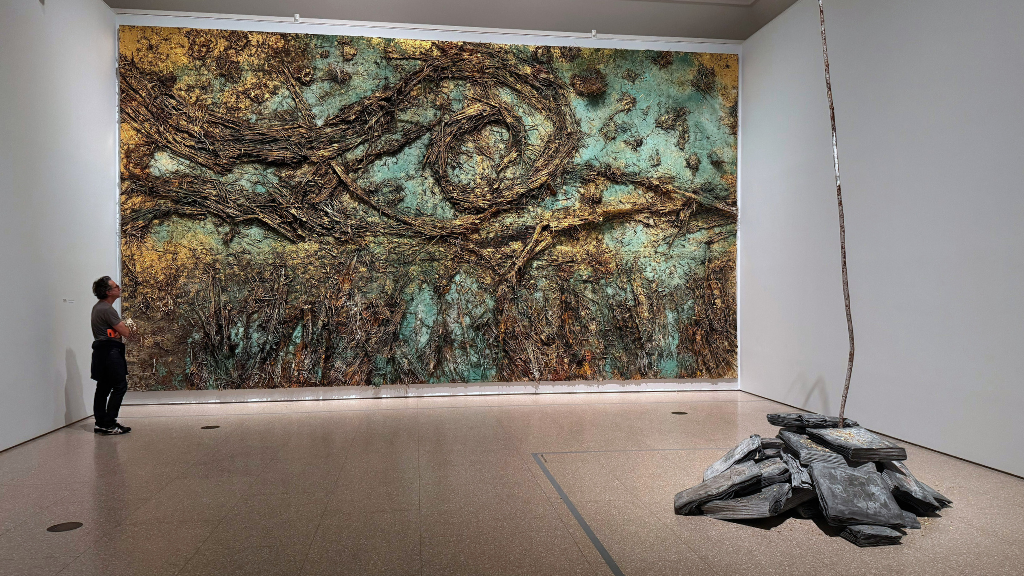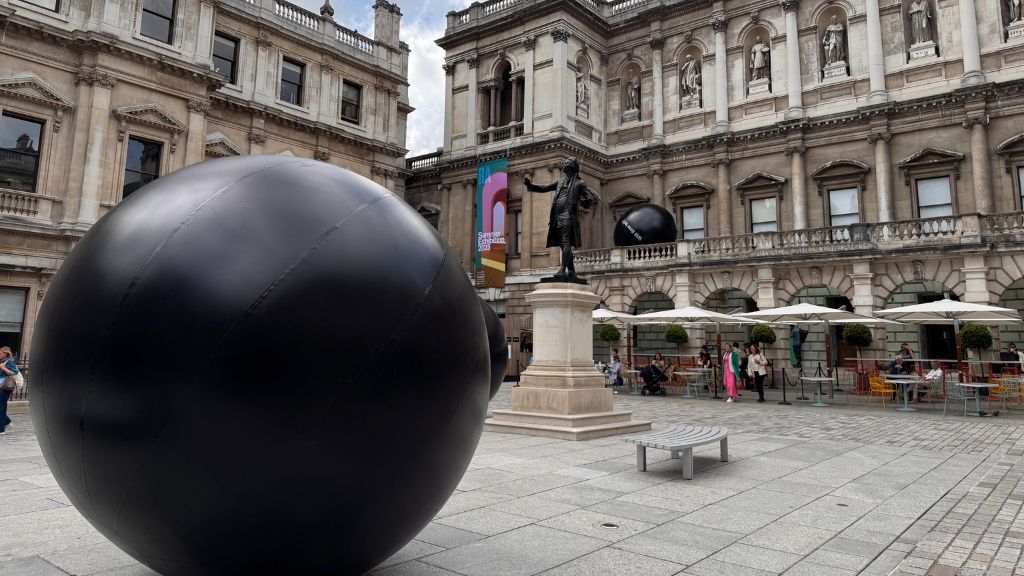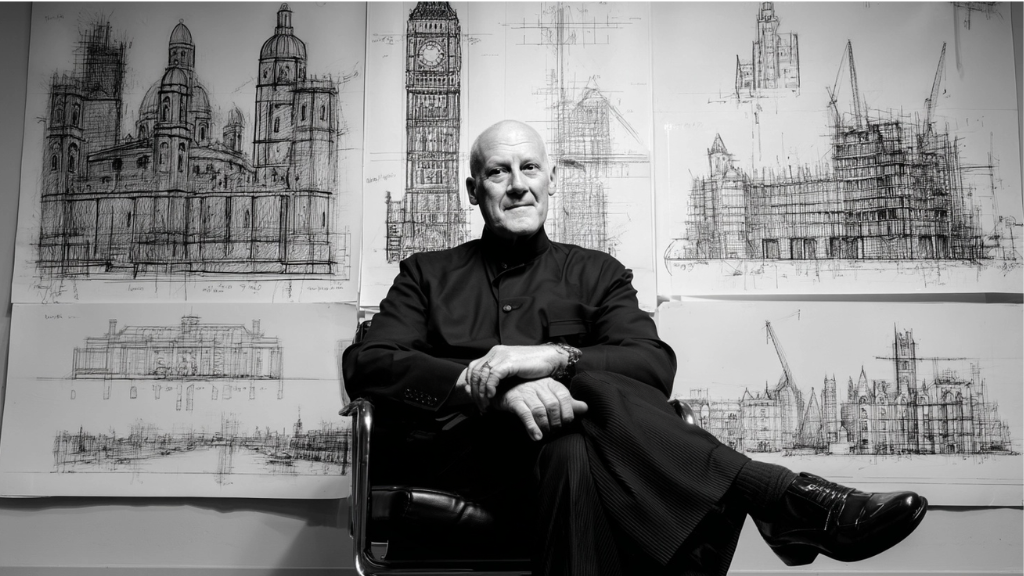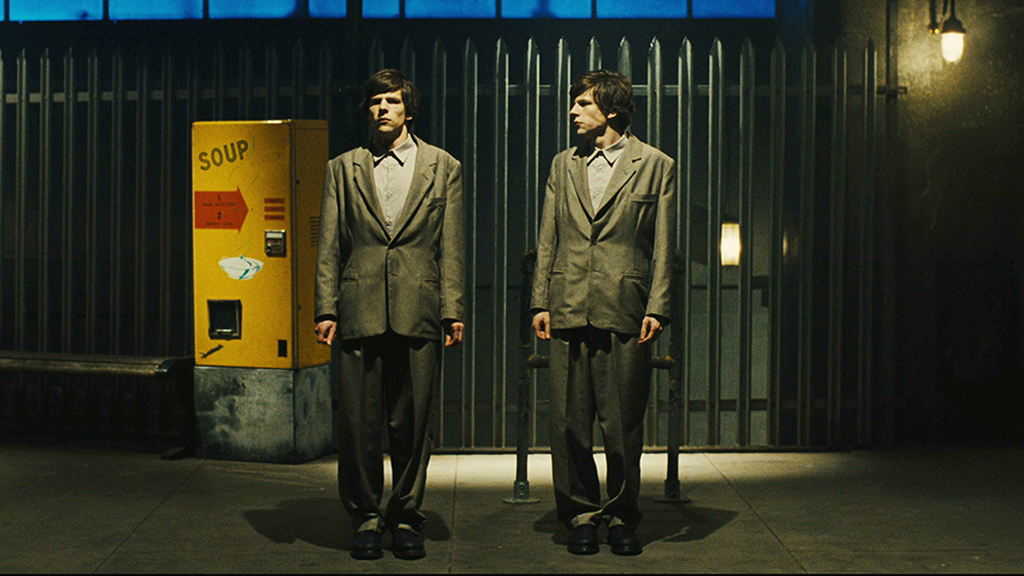
The UK and beyond: film adaptations of Fyodor Dostoevsky’s books
The British discovered and appreciated the psychological depth of Fyodor Dostoevsky books at early as the beginning of the 20th century — interest in the work of the Russian classic was embodied in 12 adaptations of his books in the UK. Dostoevsky’s heroes ask themselves questions about the meaning of life, morality, love and death — the theme of the eternal struggle between good and evil within a person has become the writer’s hallmark and the main attraction for Western directors and viewers. And some even managed to convey on the screen that very notorious mystery of the Russian soul. Afisha.London magazine tells about British adaptations of Dostoevsky’s books, and other successful Western film versions of his works.
“Crime and Punishment”
In 2002, the BBC released the atmospheric film Crime and Punishment, directed by Englishman Julian Jarrold. One of the best playwrights, Tony Marchant, adapted the script for the British audience, and the main character Raskolnikov was played by John Simm, known for his role as the Master in the cult sci-fi series Doctor Who. The film was the fourth attempt by English directors to convey the spirit of Dostoevsky’s most famous novel — it turned out interesting, unusual and very British. Filming took place in St. Petersburg, which for Jarrold combined the imperial grandeur of Russia and the flair of the London slums of the 19th century. The director skillfully showed the poverty and dullness in which the main character lived — the action of the novel takes place near Sennaya Square, and the famous well-yards frighten and fascinate with a sense of hopelessness. The visuals both press and impress, helping the viewer to understand the motives of Raskolnikov’s actions, and the camera-shaking techniques convey the hero’s inner nerve.
For the British, Jarrold rationalized the feelings and behaviour of Raskolnikov, whose internal torment after the murder of an old pawnbroker is presented on the screen as mystic. The sinner is tormented not by conscience and inner demons, but by terrible ghosts. British newspapers even branded the director that his interpretation of the novel was far from the original. For example, The Guardian called John Simm’s Raskolnikov an evil angel, and The Telegraph noted that behind the crime drama, Jarrold lacks the philosophical core of Dostoevsky’s novel. In Russia, the film adaptation was highly appreciated — according to the audience, it properly conveys the colour and disturbing mood of the novel. The BBC’s previous adaptation of Crime and Punishment, directed by Michael Darlow in 1979 in three episodes, is also considered close to the original. Prior to this, the novel was filmed in two episodes — in the series ITV Sunday Night Theatre in 1953 and in the series Play of the Week by Cyril Coke in 1964.
“The Double”
Dostoyevsky’s early novel The Double inspired the British director Richard Ayoade to make a dramatic, gloomy thriller based on it. He transferred the action of the story to the 1970s, when, according to Ayoade, the world was going through a period of stability and confidence in the future. Against the backdrop of the industrial age and progress, the main character of the film, Simon, looks especially lonely and oppressed — for many years of working in the office, he has remained invisible to everyone. Everything changes when the charismatic playboy James appears, similar to him like two drops of water, but completely opposite in character. James is immediately noticed — he realizes the desires and ambitions of Simon, even the most secret ones. Gradually, the double depletes the strength of the protagonist, giving rise to impotent anger and a terrible guess who James really is.
Both characters were brilliantly played by Jesse Eisenberg, best known for his role as Mark Zuckerberg in The Social Network, and Mia Wasikowska played the role of his muse. By the way, on the set of the film, the actors had a real romance, and they were dating for several years. Filming took place in an abandoned office on the outskirts of London, and street shooting took place at night, which caused the effect of diving into the depths of the subconscious of the protagonist in the best traditions of Dostoevsky. The adaptation garnered applause and awards, including a nomination for Best Film at the London Film Festival in 2013. For the role of Simon/James, Eisenberg won the Best Actor Award at the Abu Dhabi Film Festival.
“The Idiot”
The TV series The Idiot from the BBC, presented by the famous director Alan Bridges in 1966, is a film adaptation of Dostoevsky’s novel of the same name done very close to the original. The plot was based on a love triangle, which became a tragedy for all its participants. The touching and bright image of Prince Myshkin was embodied by David Buck, who had previously played in another British film adaptation of Russian classics —The Cherry Orchard (1962), based on Chekhov’s play. The role of the antagonist, the temperamental and jealous Parfyon Rogozhin, was played by the young and stately Anthony Bate — later he will be remembered by the British for his roles in crime dramas based on the novels of Agatha Christie. By the way, Bate is a true admirer of Dostoevsky’s work — he also played the cynical nobleman Svidrigailov in the British film adaptation of Crime and Punishment (1979).
Read more: Anna Karenina: a Russian classic reimagined in Britain
The black-and-white Japanese adaptation of The Idiot in 1951 became famous in world cinema. It was filmed even before the appearance of the Soviet film version of the novel by director Ivan Pyryev in 1958, which for many became the standard, along with the Russian film by Vladimir Bortko. Japanese The Idiot was directed by Akira Kurosawa, an admirer of classical Russian literature and one of the most influential directors in the history of world cinema.
The master transferred the action of the novel to the Japanese realities of the snowy island of Hokkaido and offered his own view of Dostoevsky. The audience was hooked by the complex image of Rogozhin — in the person of the millionaire Denkichi Akama, he was embodied by the charismatic Japanese Toshiro Mifune, whom the British Film Institute recognized as the most famous Japanese actor in the Western world.
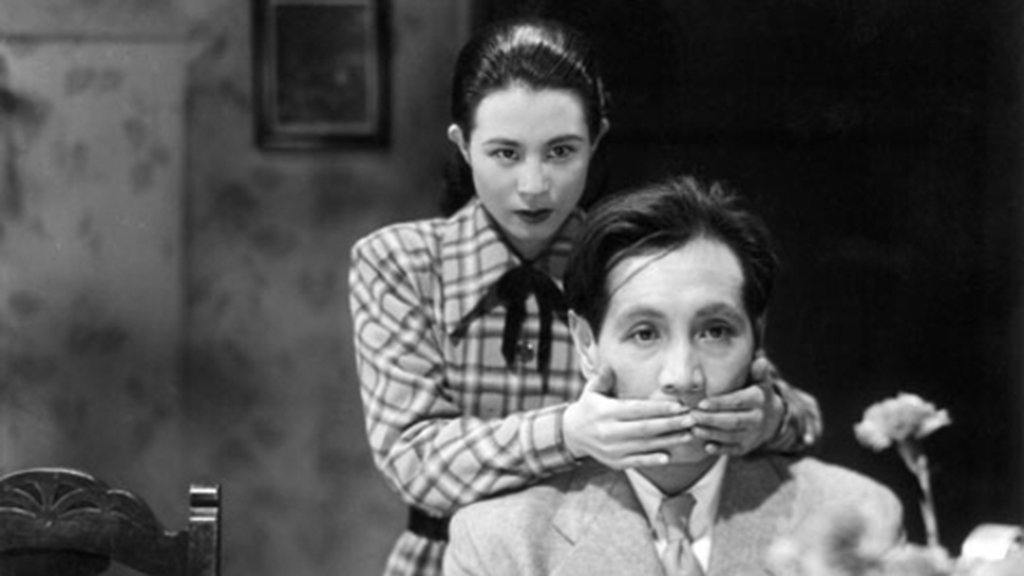
Shot from the film “The Idiot” (1951)
“Demons”
Dostoevsky’s most political novel, Demons, was filmed by the British in 1969 as a mini-series, directed by Naomi Capon. Six episodes reveal the plot of the book, dedicated to the revolutionary movements among the nobles against the backdrop of the abolition of serfdom in Russia in the 60s of the XIX century. Interestingly, in the days of the USSR, the novel was not favoured — the Bolsheviks saw a “slander” on themselves in demonic revolutionaries. Therefore, in Russia, with the exception of short films shot before 1915, Demons only began to be filmed after perestroika in the 1990s. It needs to be mentionaed that in other countries, this difficult novel, unlike the rest of Dostoevsky’s works, was not filmed so often either. Among foreign adaptations, the Franco-Polish film Demons of 1988 from the classic of European art house cinema Andrzej Wajda stands out. The audience notes that the director managed to feel the Russian soul and convey the spirit of Dostoevsky’s novel.
“The Brothers Karamazov”
Dostoevsky’s last novel, The Brothers Karamazov, is recognized as one of the pinnacles of world literature — it has become one of the writer’s most screened works. This is a story from the life of the Karamazov family in the Russian outback at the end of the 19th century — three brothers symbolize the clash of three different elements: passion, rebellion and meekness. Coincidentally, the British directors also transferred episodes from the novel to the screen three times. The latest film adaptation belongs to director Betsan Evans — in the 2002 drama Inquisition she recreates The Grand Inquisitor, a legend told by one of the brothers. The film takes the viewer to Catholic Spain of the 17th century, where the cardinal inquisitor hears the case of a prisoner who may turn out to be the Messiah (Christ) in his second coming. The movie, shot in the British theatrical style, is thought-provoking, and acclaimed British actor Derek Jacobi is extremely convincing as the cardinal. By the way, he played Edward, Duke of Windsor in the series The Crown.
Earlier adaptations of The Brothers Karamazov in the UK were two television films: the BBC series of the same name, directed by Alan Bridges in 1964, and the film The Grand Inquisitor in 1977. Speaking of foreign film adaptations, it is worth noting the Oscar-winning American film version of The Brothers Karamazov in 1958. The plot, saturated with human passions and vices, was turned by director Richard Brooks into a Hollywood action movie, where little is left of Dostoevsky’s psychological drama. The explosive and passionate Dmitry Karamazov was played by Yul Brynner, known to many from the western The Magnificent Seven. Interestingly, the actor is familiar with Russian reality firsthand — he was born in Vladivostok under the name Yuli Borisovich Briner, and his mother, Maria Blagovidova, studied at the St. Petersburg Conservatory.
“The Gambler”
The main theme of the novel The Gambler was Dostoevsky’s all-consuming passion for playing roulette, which he got addicted to while travelling in Germany. For The Gambler, the writer expected to receive a fee that would cover his gambling debts. Thus was born a story about greed and selfishness, partly based on events from the life of Dostoevsky himself and his relationship with Apollinaria Suslova, who became the prototype of the fatal Polina Alexandrovna. Already in the process of creating the novel, the writer met his second wife, stenographer Anna Snitkina, who became the love of his life. The novel has been filmed about 16 times around the world, twice of those in the UK. This is the black-and-white drama The Gambler, filmed by the British director and Oscar winner Tony Richardson in 1957, and the 1968 2-episode film of the same name by Michael Ferguson.
Read more: Innovator and romantic Vladimir Nabokov in Britain
“White Nights”
White Nights by the Italian film classic Luchino Visconti is considered to be one of the best adaptations of Dostoevsky’s books in world cinema. Filmed in 1957, the black-and-white masterpiece is no longer perceived as sharply today as it was in the middle of the 20th century. Viewers still dispute the right of the Italian seducer Marcello Mastroianni to shine in the role of a sentimental dreamer, as Dostoevsky portrays his hero in White Nights.
The movie turned out to be more frivolous than the writer’s work, but it was not for nothing that Visconti received the Silver Lion Award for directing at the Venice Film Festival. With the help of snow in fake Livorno, he recreated the fabulous atmosphere of the white nights of St. Petersburg, added the realities of post-war Italy in the 50s and transferred to the screen questions that Dostoevsky asks. Can a dreamer and a spiritually rich person be accepted in a mundane society where material values are put above all else? And what is happiness, if not a moment, while the snow falls quietly.
Irina Latsio
Cover photo: Shot from the film “The Double” (2013)
Read more:
Dostoevsky in London and his influence on the British classics
Ivan Turgenev’s Sojourn in London: a literary ambassador between the Russian Empire and the West
Leo Tolstoy in London: shaping the british literary landscape
SUBSCRIBE
Receive our digest once a week with quality Russian events and articles




